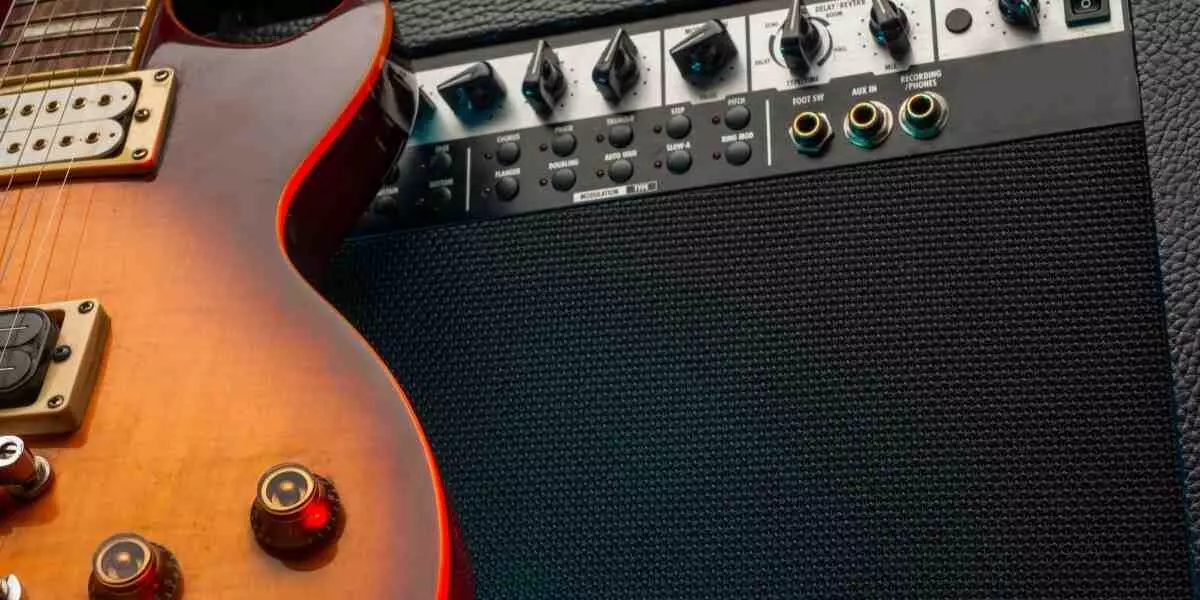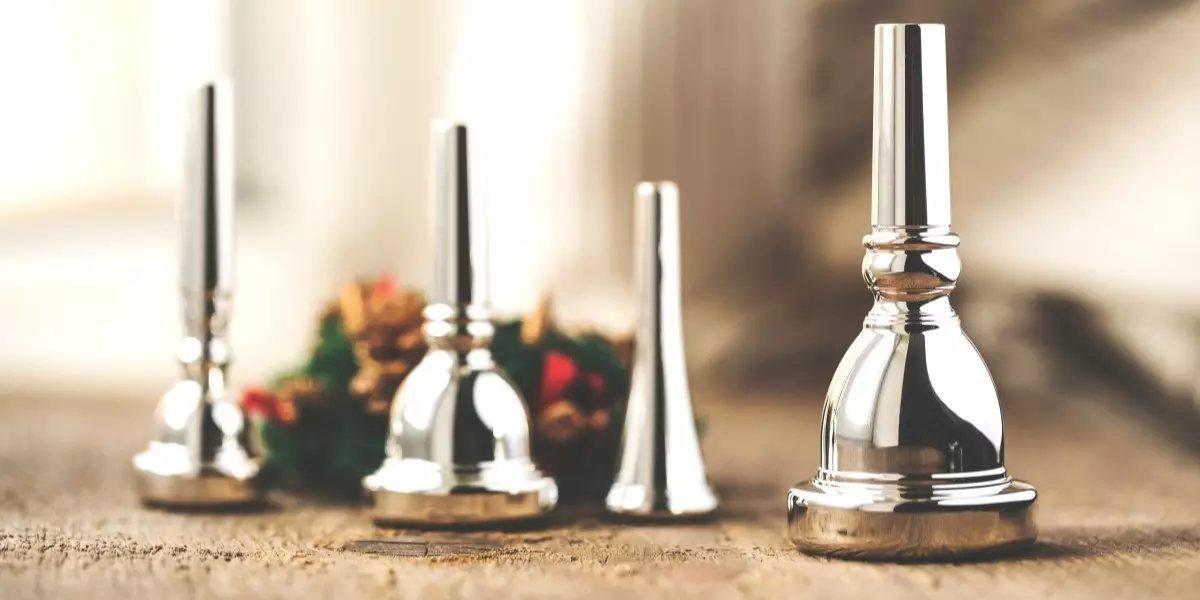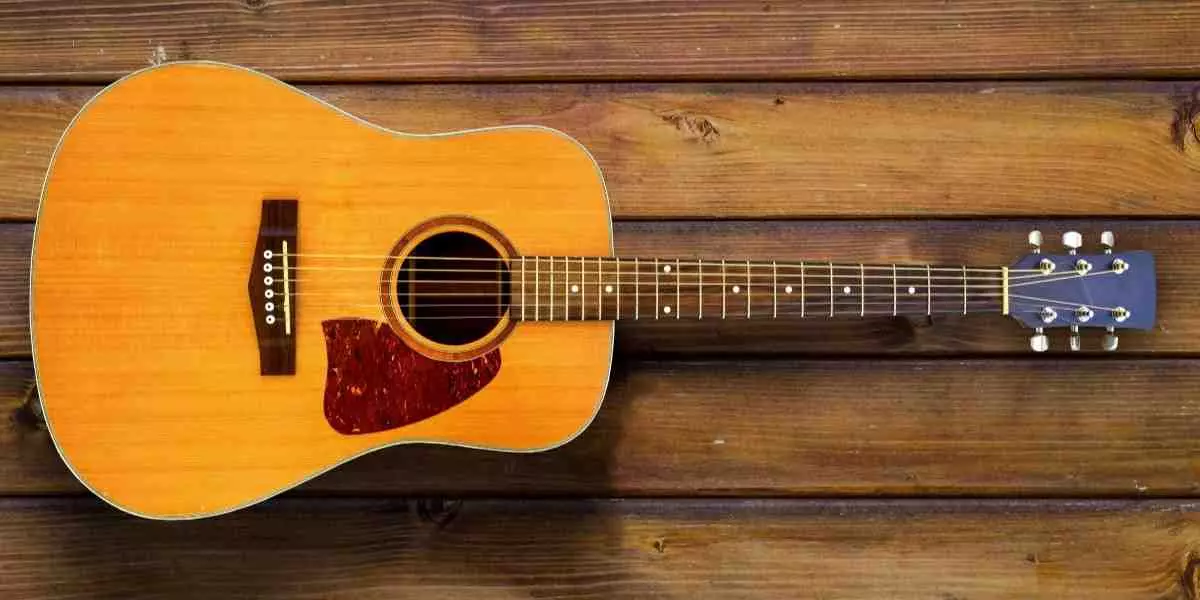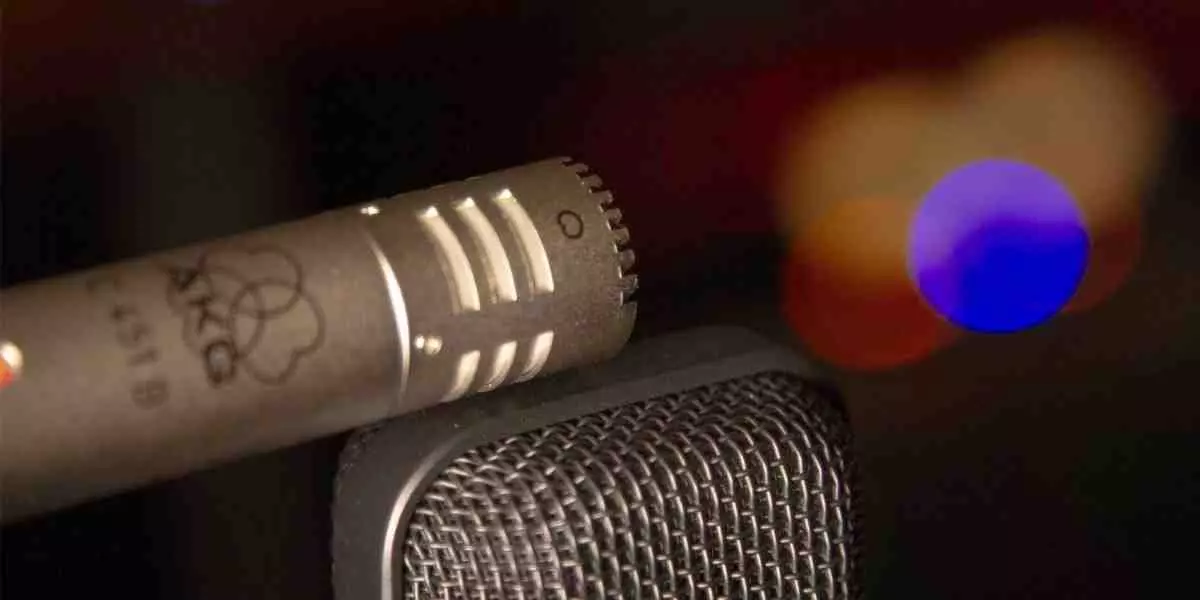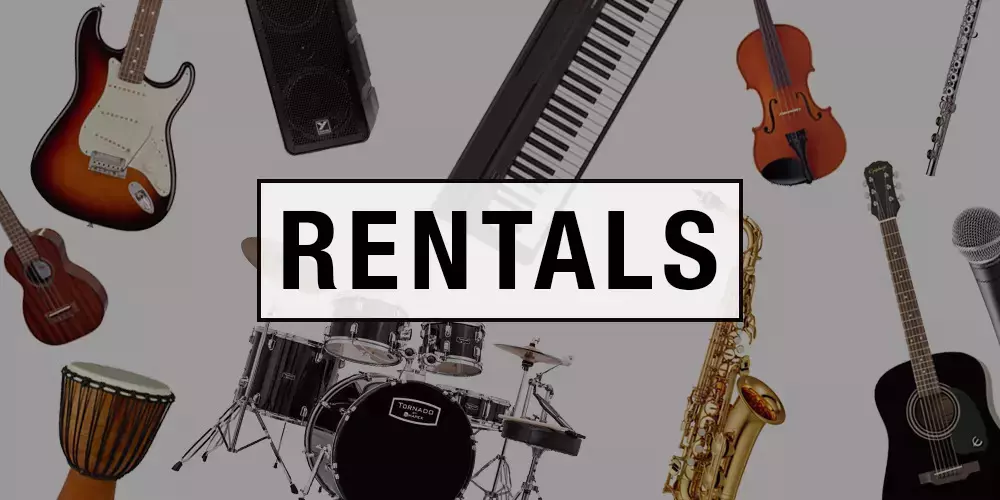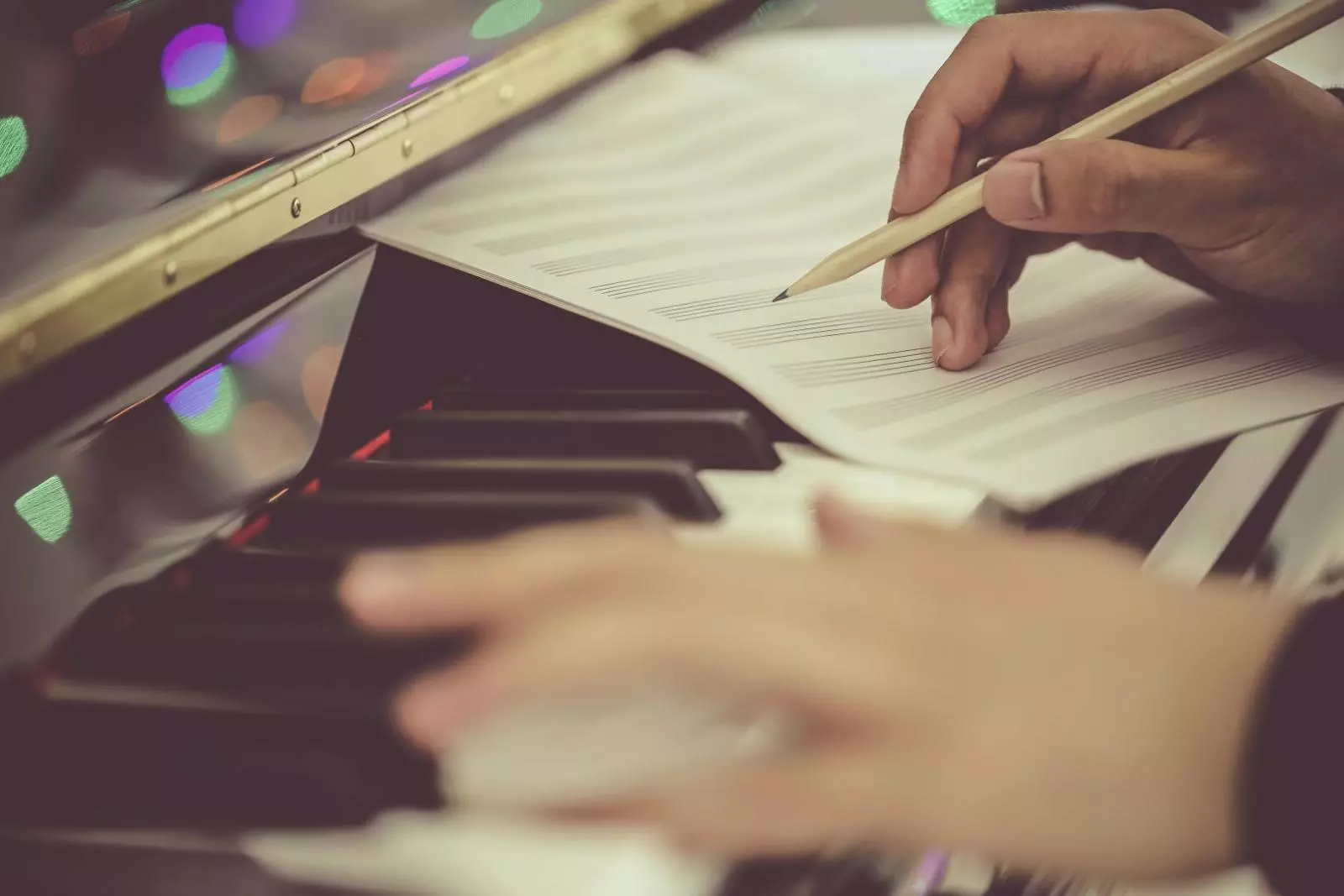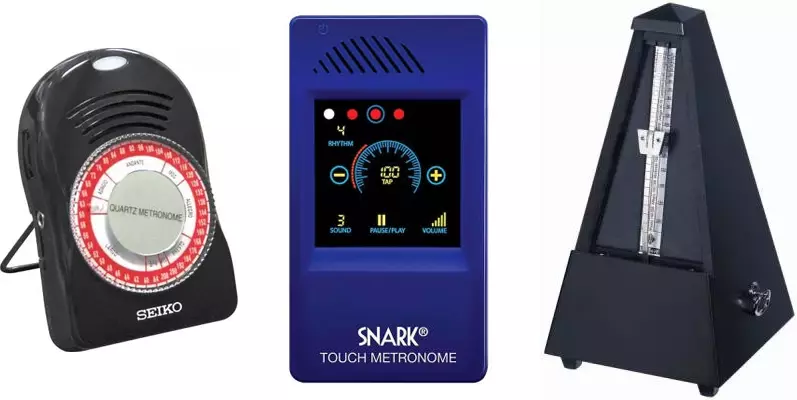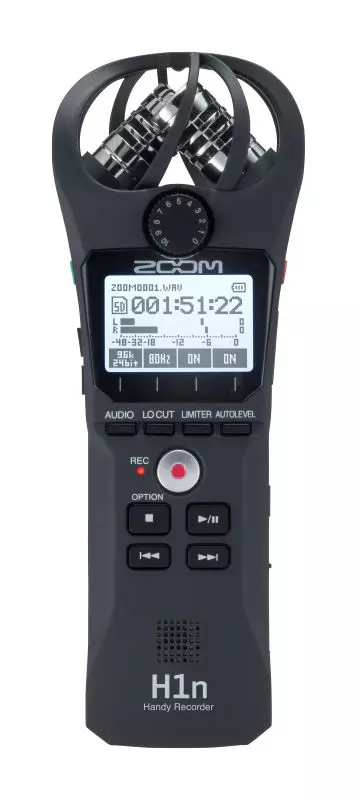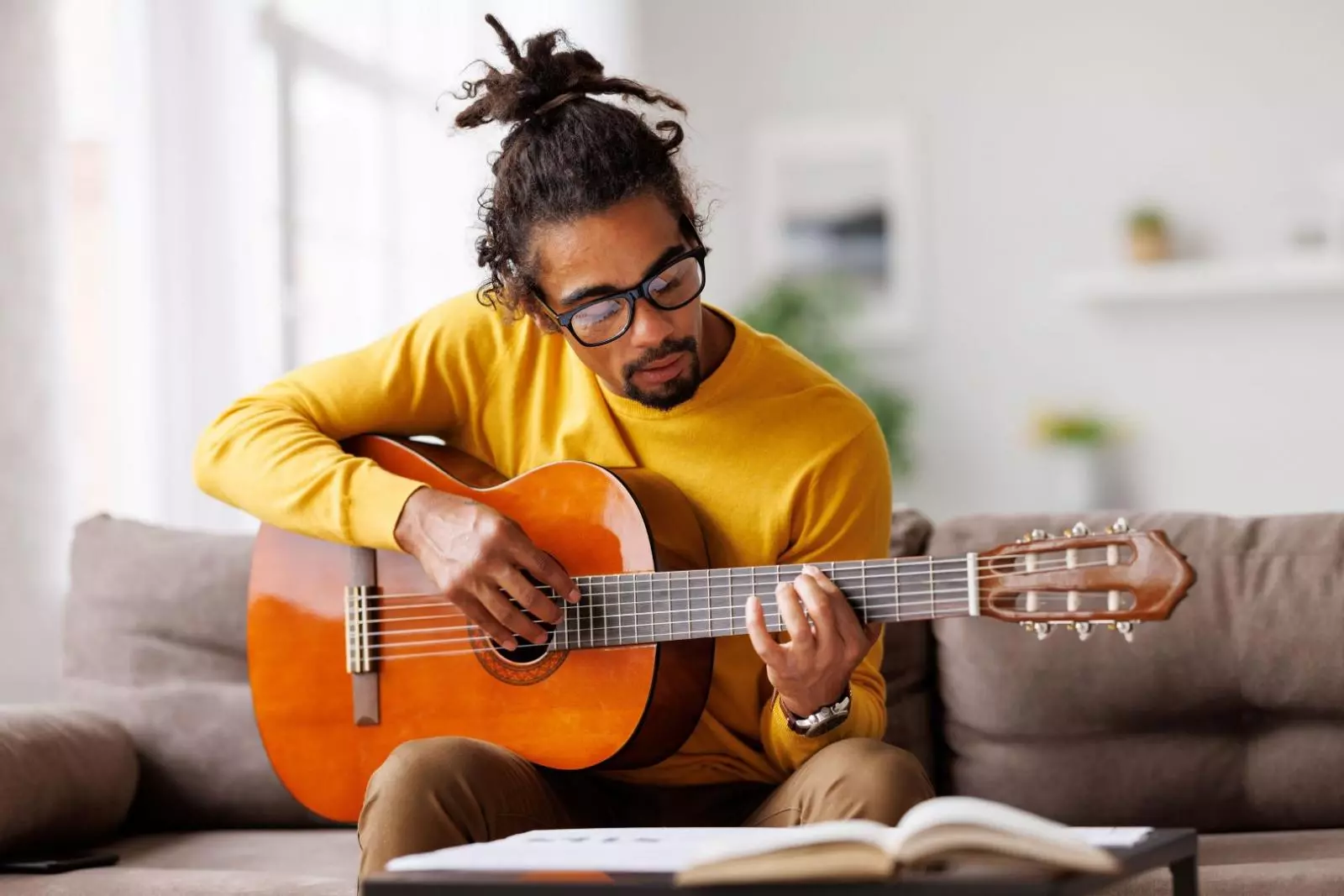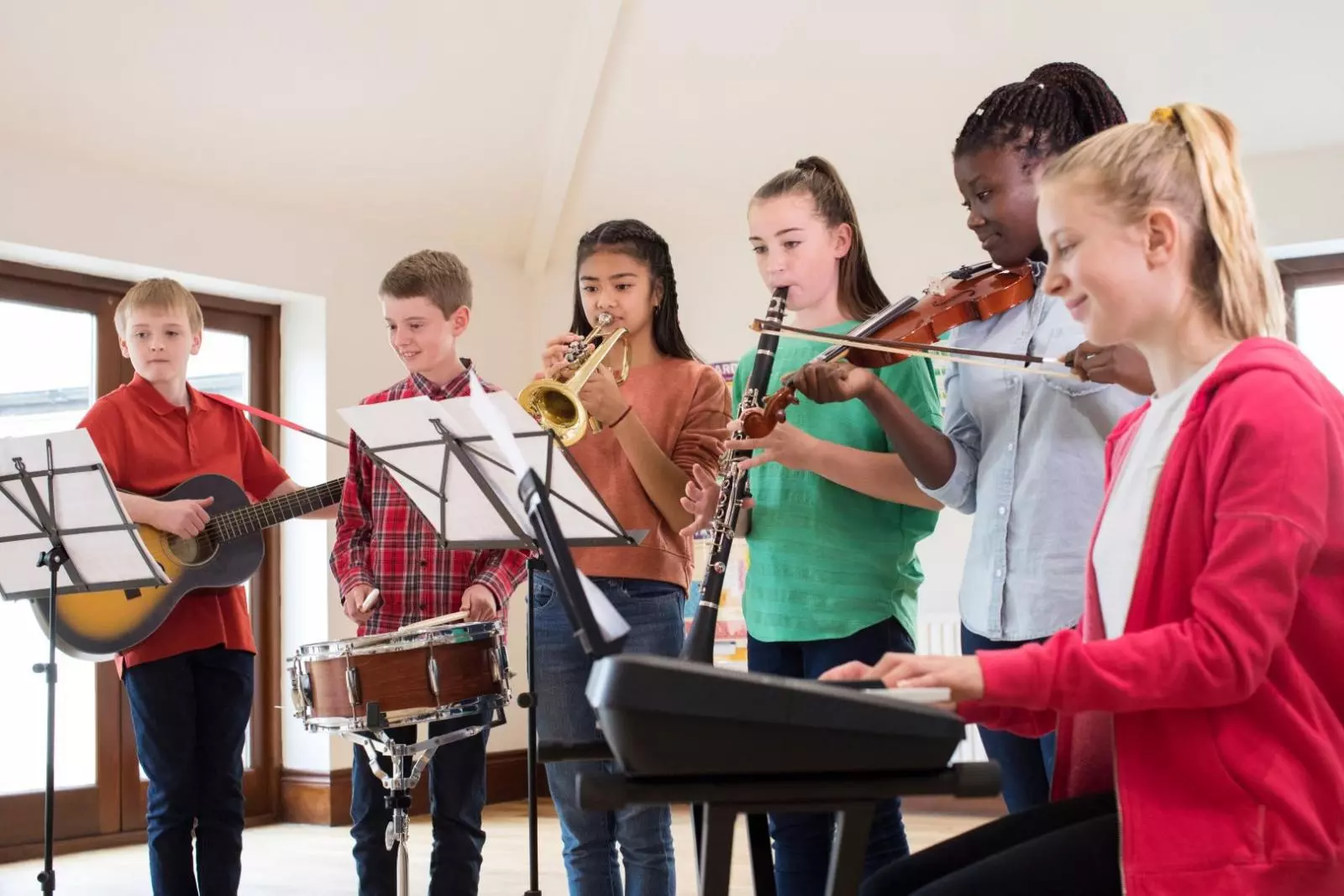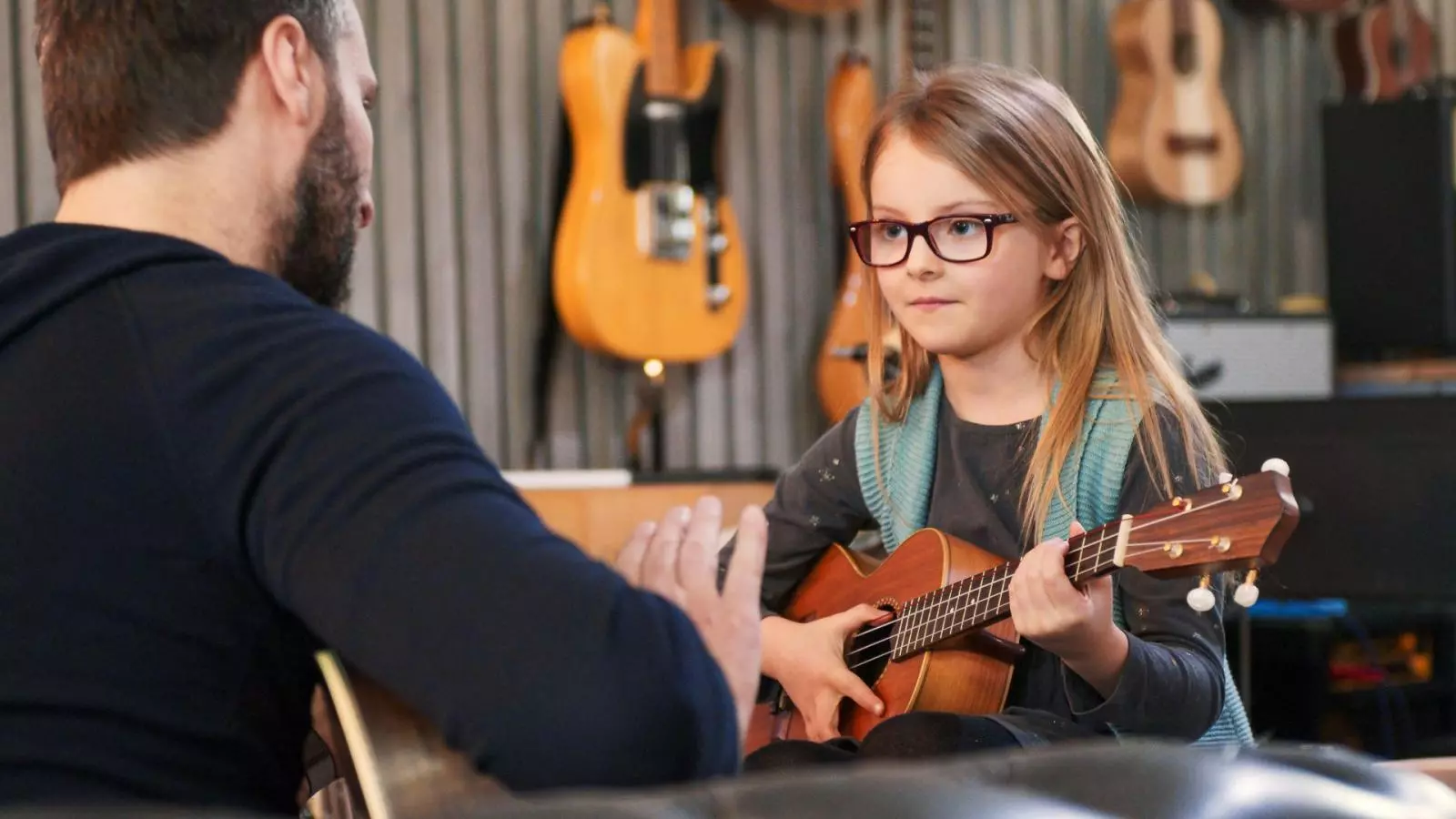8 Things You Need to Know Before Starting Music Lessons
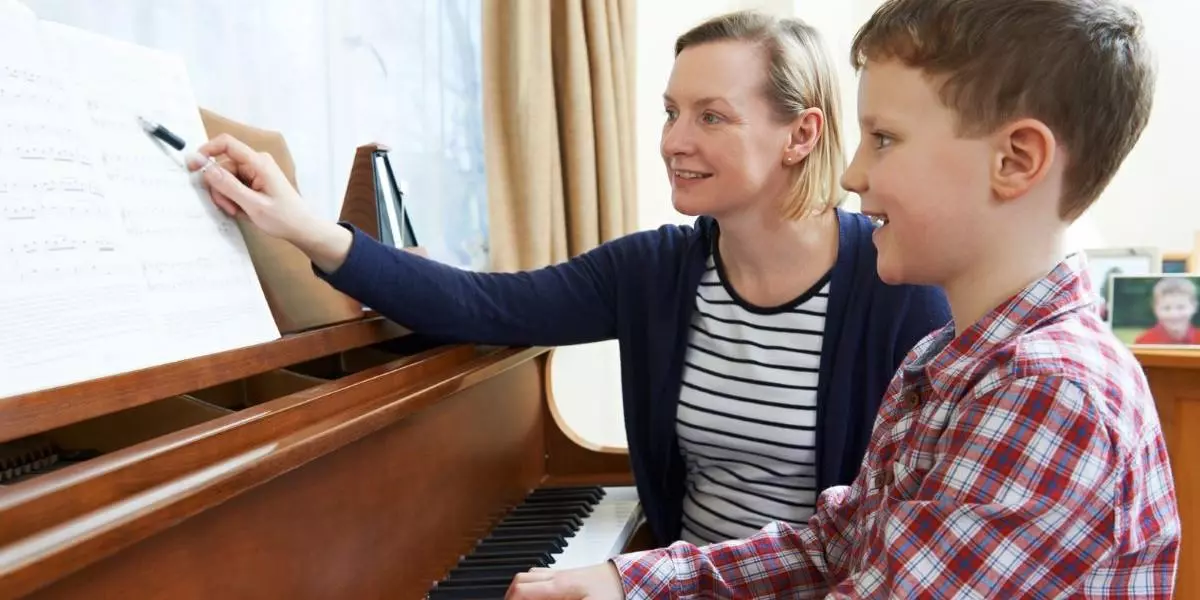
Last Updated: September 18, 2024
Learning music can be one of the most rewarding experiences, whether you’re a child or an adult. It sharpens the mind, boosts creativity, and brings joy to both the player and the listener.
When stepping into the world of music, you'll encounter a variety of lessons, genres, instruments, and theories to explore and get acquainted with.
But before you start your music education, there are 8 things you need to know before starting music lessons to make the most of your musical journey. That is why we wrote this article, to help prepare you for success and get you started on the right foot.
1. Choosing a Genre and Instrument
The first step before starting music lessons is deciding which instrument you want to learn. This might seem obvious, but it’s worth giving some serious thought. You want to choose an instrument that excites you and fits your lifestyle and goals. Ask yourself:
- Do you prefer something portable like a guitar, violin, or flute?
- Are you drawn to the idea of playing solo or in a group?
- How much space do you have at home for practice?
Look at your favourite artists and bands and see what instruments are used in those genres. For example, if you mostly listen to rock music, you might want to play the drums, electric guitar, or bass. But if you prefer jazz music, you might find the saxophone or the upright bass more appealing.
Renting an instrument is the best way to experience an instrument without commitment
However, it is worth noting that some artists like to stray from the typical instruments in their genre. The band Apocalyptica is a great example of atypical instruments used in certain genres – as they are a metal band but they all play the cello.
Many instruments are also versatile. The classic guitar and electric guitar have the same notes in the same places. This means you only need to get used to a different feeling, instead of learning a whole new instrument from scratch.
Consider trying out a few instruments before committing to one. Music stores such as Long & McQuade offer rental programs, or you can try a friend's instrument to see what feels right.
2. Create Personal Goals
Creating goals is a practice you should implement when starting music lessons and uphold as your talents grow; as you develop, so will your goals!
Setting smaller, achievable goals like learning a new chord, mastering your favourite song, or playing for thirty minutes a day can help you build momentum. Over time, these small victories add major progress to your development.
As your experience develops and your passion grows, you can begin to take on bigger goals with larger timelines. Some examples of larger personal goals could be creating original music or starting a band.
It's important to understand that learning music takes time and patience. It’s common to get frustrated when you don't progress as fast as you'd like, but having realistic expectations from the start will help you stay motivated.
3. Consistency is Key
The secret to success in learning a new instrument isn't practicing for hours on end; it's practicing regularly. Consistency is more important than intensity. Even if you can only dedicate 10-15 minutes per day, doing it consistently will yield better results than cramming hours of practise into one day.
Create a schedule and map out which days you will be practising, what time, and for how long. Sticking to a schedule will allow you to balance other life tasks with music practice and prevent you from being overwhelmed and ultimately giving up.
A helpful tip for staying consistent is building a routine. At home, you should designate a specific area for practising your instrument. Pick a space that’s free of distractions and offers plenty of room. The space should also be pleasant and in a spot where you will feel consistently comfortable playing.
4. Use a metronome
One of the most important tools for any musician, regardless of their skill level, is the metronome. A metronome helps you develop a strong sense of timing, which is essential in all types of music. The metronome keeps you honest, ensuring that you're playing evenly and consistently.
When you first learn a piece of music, there will be some challenging sections, so you will naturally slow down to accommodate them. It is easy to get caught up in learning notes and forget about rhythm.
A wide variety of metronomes are available in many styles and price ranges
Using a metronome is essential to the development of an instrument. Practicing with a metronome helps internalize rhythm so that it becomes second nature. It also develops rhythmic accuracy by staying on tempo whether playing a slow ballad or shredding a quick guitar solo.
To use a metronome, start at a slow tempo and gradually increase the speed. This method is helpful when learning complex or fast pieces of music. Metronomes can be provided during music lessons, or you can purchase a metronome at your local Long & McQuade store.
5. Record yourself
Recording yourself during practice might feel uncomfortable at first, but it’s one of the most effective ways to track your progress. Recording yourself has multiple benefits that will help you become a better musician. It can be easy to get lost in the act of playing and overlook mistakes.
Recording helps you spot mistakes with timing, pitch, or technique that you can address in future practice sessions. Listening to past recordings is also incredibly motivating when you realize how far you've improved. If you're preparing for a recital or performance, recording yourself simulates the pressure of playing in front of an audience, helping you get used to the experience.
The Zoom H1N Handy Recorder is a convenient way to make recordings of yourself or your group
When you record yourself, it's helpful to listen to it the same day, but also revisit it a few days or even a week later. This gives you the chance to step back and gain a fresh perspective.
Don't be too hard on yourself—focus on celebrating what you're doing well while recognizing what can be improved. Constructive criticism is valuable, but don't let it become overwhelming. The process of self-discovery should be both fun and motivating.
With smartphones and affordable recording devices readily available, it’s easier than ever to record your sessions. Make sure to label and date your recordings so you can easily find them later. Make it a habit, and you'll see significant improvements in your playing.
6. Understanding Music Theory
Most people don’t jump at the chance to start buying books on music theory. That being said, knowing music theory will give you a competitive advantage in your lessons and musical career.
Music theory is the study of what music is, and how musicians and composers make music.
Music theory is theoretical and philosophical, but it’s also practical. Such as understanding when lowering the third by a semitone results in a minor chord or progression, what makes a note pairing dissonant, or how to read and play syncopated rhythms.
You don’t have to become an expert in music theory to play an instrument, but having a basic understanding can help. Music theory provides the framework for understanding how music works, which can make learning songs and improvising easier. Some people can play a select few songs well but struggle playing new pieces because they haven’t learned the theory behind them.
Music theory can be overwhelming, but the good news is that a music teacher can help you work through this part of your musical growth. Most music teachers will introduce these concepts gradually, but it helps to know that understanding music theory can make your learning experience smoother.
7. Share Your Hobby With Other Musicians
Finding people who share your interests will encourage you to perfect your craft. You can help each other develop your skills and learn from each other's mistakes. It can also be easier to keep on top of trends and make the learning process more enjoyable.
Here are a few ways you can find other people with shared interests:
- Joining online music Facebook groups
- Attending local concerts
- Online applications to meet other people with shared interests
- Private lessons at a music store
- For students, signing up for music school
- Researching local music programs
While it can be easy to get caught up in the technical side of things, don't forget to enjoy the process and remember that learning music should be fun. Celebrate small victories, like mastering a new song or playing with confidence whether you're solo or in a group.
8. Finding The Right Teacher
A good teacher can make all the difference, not just in life, but also in music. Whether taking music lessons in person or online, you want to find someone who understands your goals and learning style. Some things to consider when choosing a teacher include:
- Do they specialize in the style of music you want to learn?
- Are they patient, motivating, and encouraging?
- Do they offer flexible lesson plans that suit your pace?
Some teachers offer trial lessons. These can give you a sense of whether the teacher is the right match for you. For example, you may decide to take piano lessons but realize during the lesson that acoustic guitar is better for you.
The music journey is filled with highs and lows. Vibing with the teacher will ensure you continue on a positive and motivated path even when times get tough.
Most of All, Enjoy the Journey!
Starting music lessons is an exciting adventure, but it's important to start with the right mindset. By taking the initiative to read this blog and prepare for music lessons, you are well on your way to beginning lessons on the right foot.
Choosing the right instrument, setting realistic goals, and being patient with yourself, you’ll be well on your way to becoming the musician you want to be. With consistent practice, a good teacher, and a love for music, the sky's the limit!
Learning to play an instrument is not easy, but enjoy the process, and remember every musician was once a beginner. As Ralph Waldo Emerson said: "It's not the destination, it's the journey."
Start your musical journey at Long & McQuade Musical Instruments with music classes tailored to meet your goals. From taking bass guitar lessons to piano key lessons, we offer classes for students of all ages and skill levels. To inquire about music lessons, click here. To research our available teachers, click here.

